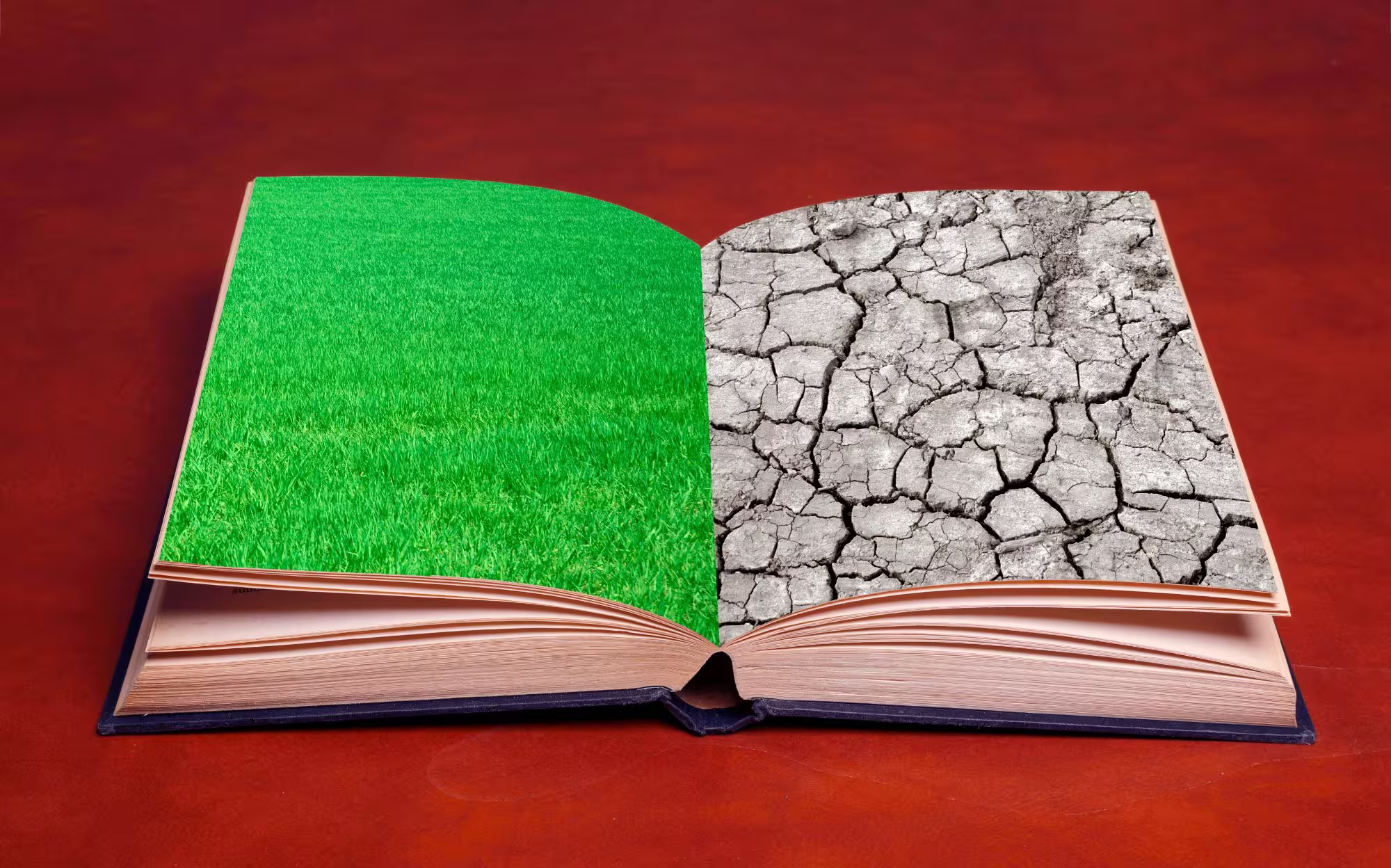American Short Verse and Micro-Ecologies, 1860 to the Present

In both academic and popular discussions, climate change is often conceptualized on such a grand scale that it becomes difficult to grasp. This project aims to shift the focus within the environmental humanities from these vast abstractions to more intimate settings, specifically examining how poetry—particularly very short verse—captures environmental destruction at the microhabitat level, from backyards to municipal parks.
The history of short verse in America, ranging from the monostich (a one-line poem) to the sonnet (14 lines), can be traced back to the 1860s, its rising appeal paralleling the acceleration of anthropogenic climate change. The extensive use of short verse by American poets, ranging from Emily Dickinson to Rae Armantrout, has produced a rich yet underexplored repository of ecological insight. Drawing together the fields of poetics and the environmental humanities, this project will endeavour to synthesise archival research, literary criticism, and digital methodologies to investigate this vital poetic corpus, revealing new dimensions of ecological awareness and documentation through short verse.
